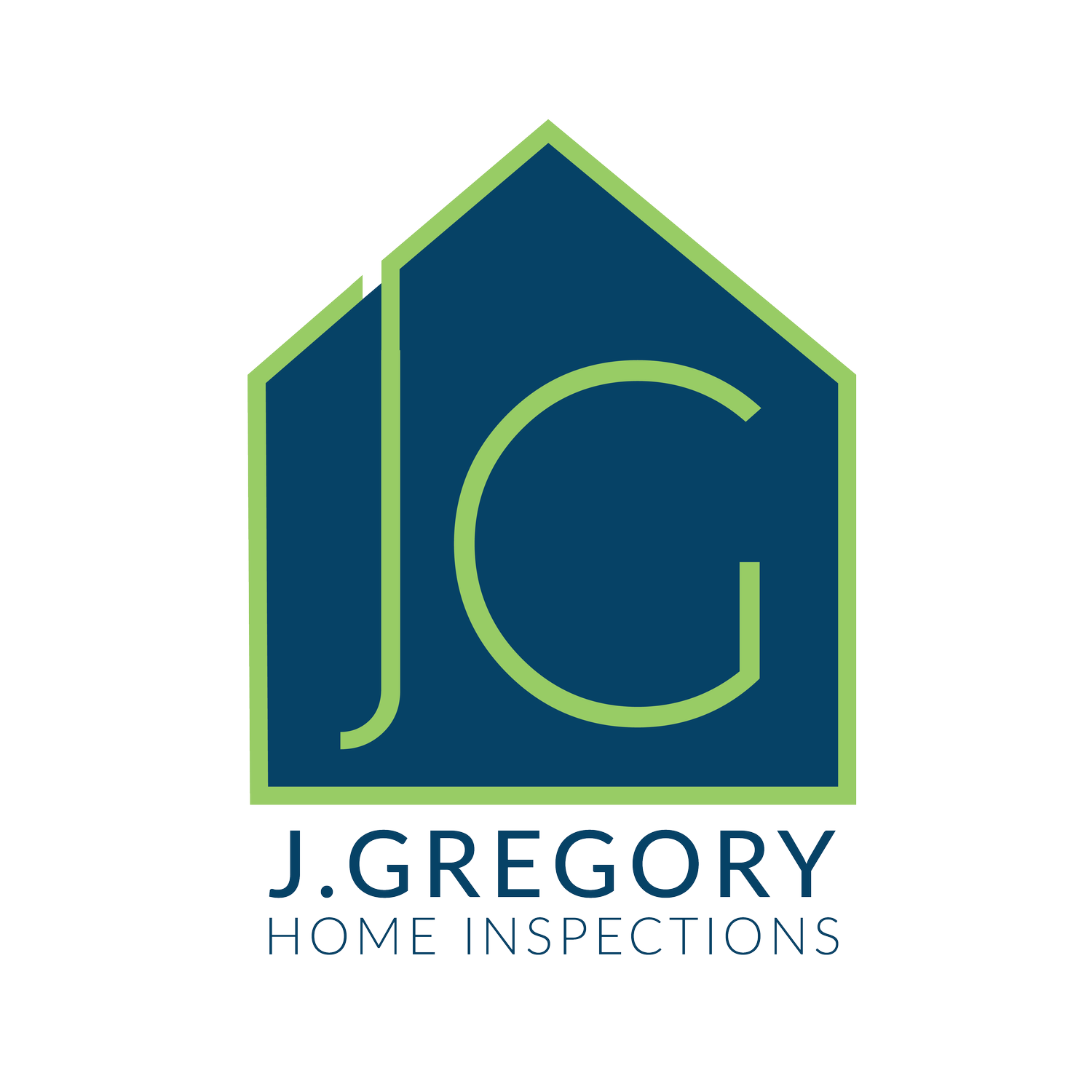The Importance of Crawl Space Home Inspections
When it comes to buying a home, there are numerous considerations that can often overshadow one crucial aspect: the crawl space. Tucked away beneath the main structure, crawl spaces are often neglected or overlooked during the home inspection process. However, dismissing this area can lead to significant consequences down the road. Understanding the importance of crawl space inspections is paramount for homeowners and buyers alike.
1. Detecting Structural Issues
Crawl spaces serve as the foundation of a home, providing support and stability. Any structural issues within this space can compromise the integrity of the entire house. During a crawl space inspection, professionals scrutinize the foundation, looking for signs of damage such as cracks, uneven settling, or deterioration of support beams. Identifying these issues early on can prevent costly repairs in the future.
2. Moisture and Mold Prevention
Crawl spaces are prone to moisture buildup, creating an ideal environment for mold and mildew growth. Excessive moisture can stem from various sources, including poor drainage, plumbing leaks, or inadequate ventilation. Left unchecked, mold infestations can spread throughout the home, posing health risks to occupants and causing extensive damage to the property. A thorough crawl space inspection allows inspectors to assess moisture levels, identify potential sources of water intrusion, and recommend appropriate remediation measures.
3. Pest Infestation Mitigation
Dark, damp crawl spaces attract more than just mold; they also provide a haven for pests such as termites, rodents, and insects. These unwanted guests can wreak havoc on the structure of the home, chewing through wood, insulation, and electrical wiring. Furthermore, some pests pose health risks to humans through bites, droppings, or the spread of diseases. By conducting a comprehensive crawl space inspection, homeowners can detect signs of pest activity early on and take proactive measures to prevent infestations.
4. Energy Efficiency Optimization
A well-maintained crawl space contributes to the overall energy efficiency of the home. Poor insulation, air leaks, and inadequate ventilation in the crawl space can result in significant energy loss, leading to higher utility bills and decreased comfort indoors. During an inspection, professionals evaluate the insulation levels, sealants, and ventilation systems within the crawl space to identify areas for improvement. By addressing these issues, homeowners can enhance energy efficiency, reduce heating and cooling costs, and create a more comfortable living environment.
Crawl space inspections play a critical role in maintaining the health, safety, and integrity of a home. From detecting structural issues to preventing moisture-related problems and pest infestations, these inspections offer invaluable insights into the hidden aspects of a property. Whether you're a homeowner or a prospective buyer, investing in a professional crawl space inspection is a small price to pay for long-term peace of mind and protection against unforeseen expenses.


